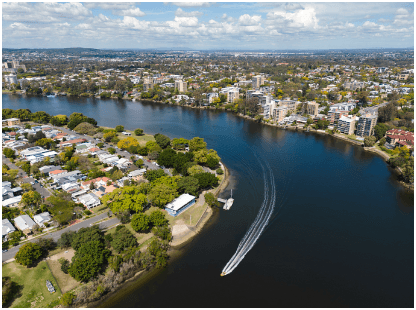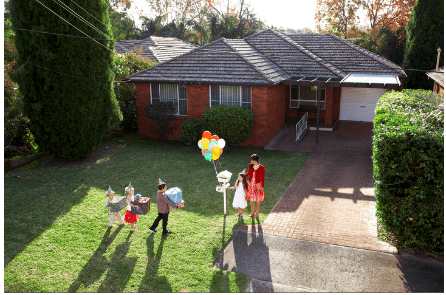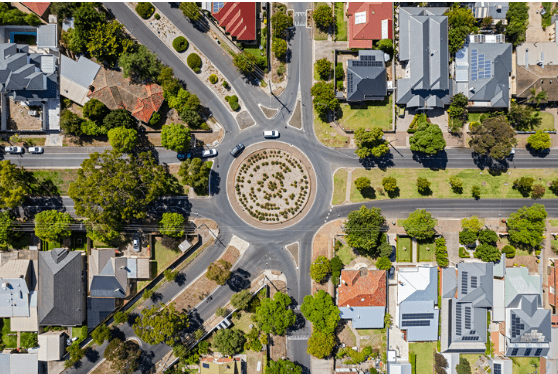December 13, 2023
Simple Ways to Save on Energy Costs During the Hot Summer Months
Discover easy and effective strategies to lower your energy bills during scorching summer days.
With the scorching summer season just around the corner, we often find ourselves reaching for the air conditioner remote and turning on ceiling fans to beat the heat. However, this can lead to higher energy bills that we'd rather avoid. To help you keep your energy costs down, we've compiled a set of practical and energy-efficient tips that can truly make a difference. Read on to discover more.
Familiarize Yourself with Your Home's Appliances
We all know the basics, like turning off appliances at the wall when not in use, using zoning for air conditioning, and switching off lights in unoccupied rooms. But there are some lesser-known changes you can make that can be equally effective.
Start by assessing the appliances in your home that consume the most energy, which typically include your refrigerator, washing machine, clothes dryer, dishwasher, air conditioners, or hot water system. If any of these appliances are due for an upgrade, consider investing in ones with high energy-efficiency ratings to reduce their long-term operational costs.
While inspecting your appliances, pay attention to the seals on your fridge or freezer doors. Ensure they are intact and not deteriorating because any escape of cold air can force the appliance to work harder, increasing energy consumption. Additionally, adjust your fridge's temperature to a range of three to four degrees Celsius, while your freezer should ideally be set between -15 and -18 degrees Celsius.
Running your air conditioner at an excessively low temperature can significantly raise your electricity bill. According to the Queensland Government, for every one-degree increase in the temperature setting, you can save up to 10% on cooling costs. To strike a balance between comfort and savings, set your air conditioner to a temperature between 23 and 26 degrees Celsius. Don't forget to perform thorough cleaning of your units every six months and keep the filters clean. Accumulated dirt can reduce airflow, causing the unit to work harder and consume more power unnecessarily.
Lastly, consider your outdoor spaces. If you have a swimming pool, think about installing an energy-efficient pool pump and timer. Opting for a five-star or higher-rated energy-efficient pump could result in savings of up to 80% on your pool's operating expenses – a substantial benefit to keep in mind. Just like with air conditioners, a clogged pool filter or water inlet can diminish the efficiency of pool pumps, making them more expensive to run.
Efficient Home Upgrades
Whether you're planning a home renovation or building a new one, there are several smart design choices you can incorporate to minimize your energy consumption. While solar-powered solutions are an excellent way to be energy-conscious and environmentally friendly, there's more you can do.
To save on heating and cooling costs over time, consider investing in high-quality home insulation and effective window coverings. During the hotter months, efficient screening can block out sunlight, keeping your interior cool. In contrast, thick curtains and well-insulated windows can create warmth during the winter.
If you're constructing a new home, it's advisable to position doors and windows strategically to maximize cross-ventilation and encourage the flow of breezes throughout your living spaces. Outdoors, you can manage heat and sunlight by planting shading greenery, not only providing relief but also adding beauty to your surroundings.
For a hassle-free upgrade, consider switching to energy-efficient LED light bulbs. They consume up to 80% less energy than standard incandescent bulbs and have a significantly longer lifespan, helping to minimize energy bills.
To stay informed about more ideas and keep up with the latest in <a href=https://www.makeanoffer.au/>Brisbane real estate</a>, subscribe to our newsletter below.



